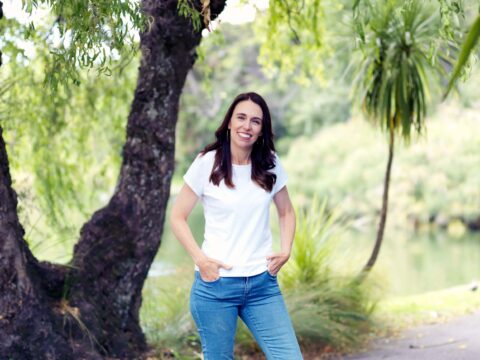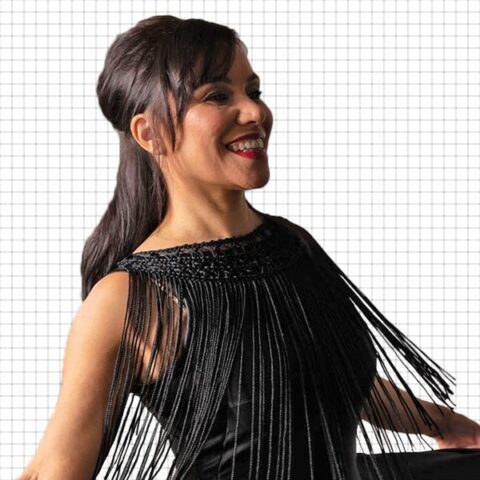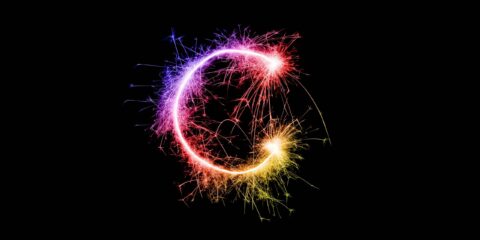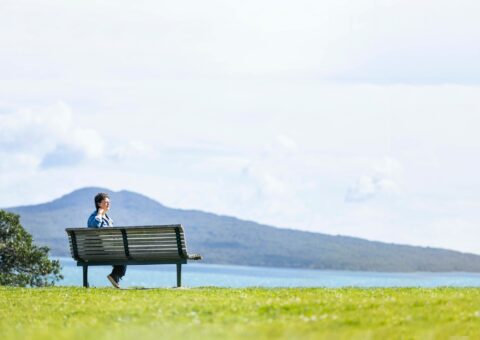Renee MacDonald took a spiritual approach to recovering from P addiction and now uses her experience to help others in the community.
It’s a chilly March morning, the kind that makes you wish you’d worn a thicker cardigan. But in the kitchen of a Levin house, Renee MacDonald is wearing a sleeveless top. She claims not to feel the cold, but then the 42-year-old radiates so much warmth and energy the government should really consider plugging her into the national grid. This is ground zero for Renee’s Soul Sisters Kombucha label, a business she started in 2018.
You wouldn’t think it to look at the force of nature tinkering with fermentation levels in her rented kitchen, but the mother of three was once a meth addict. “I was what you’d call a highly functioning addict,” she states. “I was working full-time in a private hospital, raising my kids and leading a normal life.”
If normal is regularly smoking one of the most highly addictive drugs on earth, that is. “I justified it to myself because I wasn’t using every day. No one knew I was a methamphetamine addict and no one suspected. I didn’t think I had a problem and managed to hide it for 10 years.” Renee didn’t have the best start in life: born in Levin, the youngest of three children, she was raised in an environment heavy with drugs and alcohol.
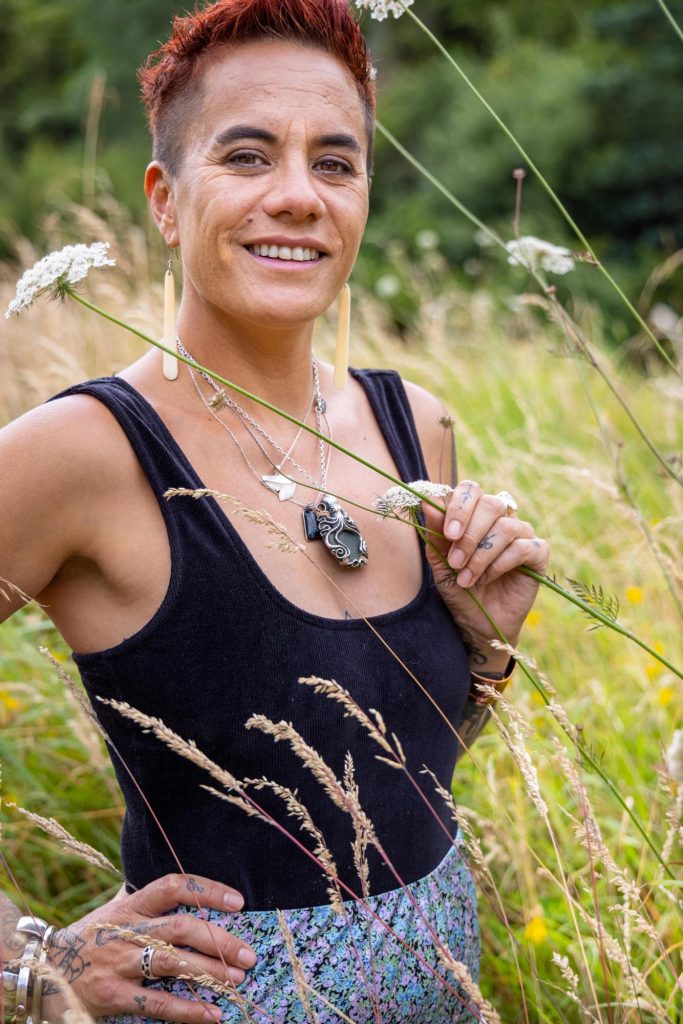
A move to Australia tipped an already fragile psyche over the edge and Renee numbed her depression and homesickness with marijuana. Then came acid, ecstasy and, after marriage to the alcoholic father of her sons, years of drug abuse.
“But I was still able to get my nursing qualification and work as a nurse in both Melbourne and Brisbane.” When she was 23, Renee came home for a holiday and tried what was then “an exciting new drug”. She was hooked from the first drag.
“You feel invincible because there’s a huge rush of adrenaline. It’s a feeling you want to have 24/7. I used to say I loved meth,” she says through tears. Renee doesn’t really want to talk about some of the “dark, dark places” meth took her to. But when she started going to bed and hoping she wouldn’t wake up, Renee knew it was time to get off the P train.
“I didn’t want to leave my children without a mother,” she says of daughter Savahna, now 21, and sons Waylon, 18, and Blake, seven. “I’d had enough of that life and being disconnected from my identity. I wanted to get better for my kids and to understand who I was.”
I turned to holistic remedies and found my spiritual guides in atua, Māori gods, who supported me on my journey
She moved back to New Zealand in 2016 and set about reconnecting with her whakapapa. “Rehab works for some people, which is great, but I turned to holistic remedies and found my spiritual guides in atua, Māori gods, who supported me on my journey. I also learnt the concept of whakawātea, of letting go and being accountable for what I’d done.”
Renee spent 2017 studying rongoā (traditional Māori medicine) and making kombucha, tea and face creams using native ingredients she foraged near her home. But with a heart as big as Wellington Harbour, Renee didn’t stop there: she has spent the past few years helping other addicts on their path to recovery and organising a mental health expo in Levin.
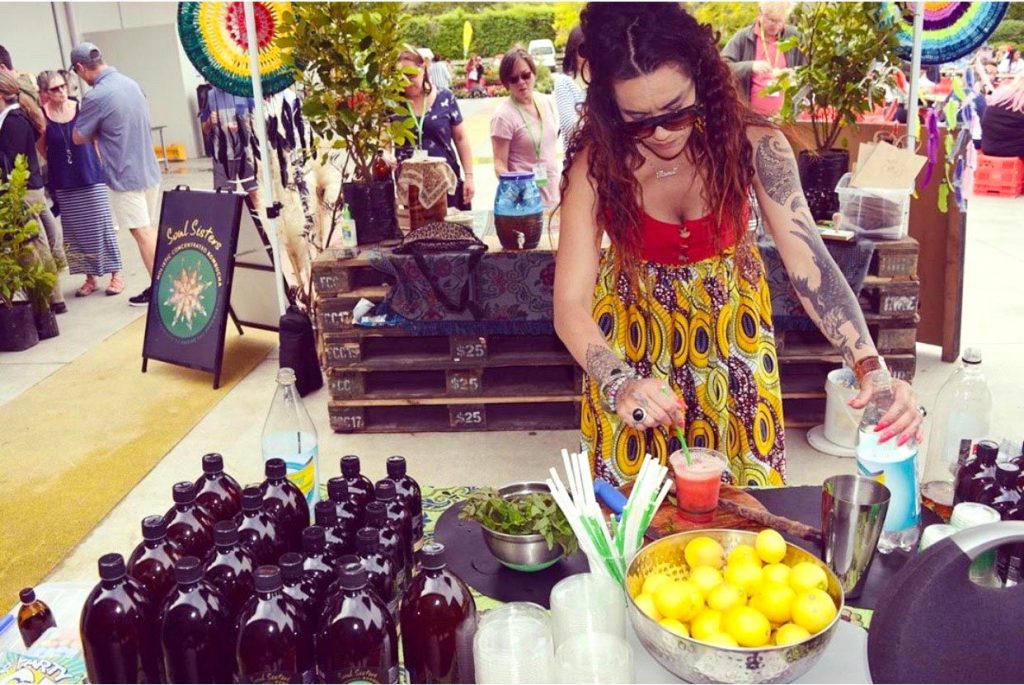
The day we speak, she’s in the process of inking a contract on a space where she and her colleagues can offer wrap-around holistic services to those suffering from addiction.
“There are so many people currently being let down by the health system,” Renee says. “We want this hub to cater for them with heath professionals, counsellors and services such as reiki and rongoā.
“I know how hard it is to take accountability for your actions and start healing, and that’s something I can help others with.”
What is meth?
Methamphetamine is an extremely addictive, powerful stimulant that produces wakefulness, hyperactivity and a euphoric effect. It’s also known as meth, P, ice and crystal. Illegal methamphetamine is created in meth labs by combining a number of chemicals, including common household cleaners and ingredients such as cough medicines.
A study by the University of Otago earlier this year showed that more than a quarter of middle-aged New Zealanders have tried methamphetamine at least once. The study found that 28% of participants reported using the drug at least once between the ages of 18 and 25, while 11% had used it monthly and 4.9% had used it weekly at some point.
For help with addiction issues call the 24-hour Alcohol Drug Helpline on 0800 787 797, or call 0800 METH HELP (0800 6384 4357) for free, confidential support for a P-related issue or problem.
Photos by: Mareikura Brightwell, Martin Haughey, Jamie Wright.



